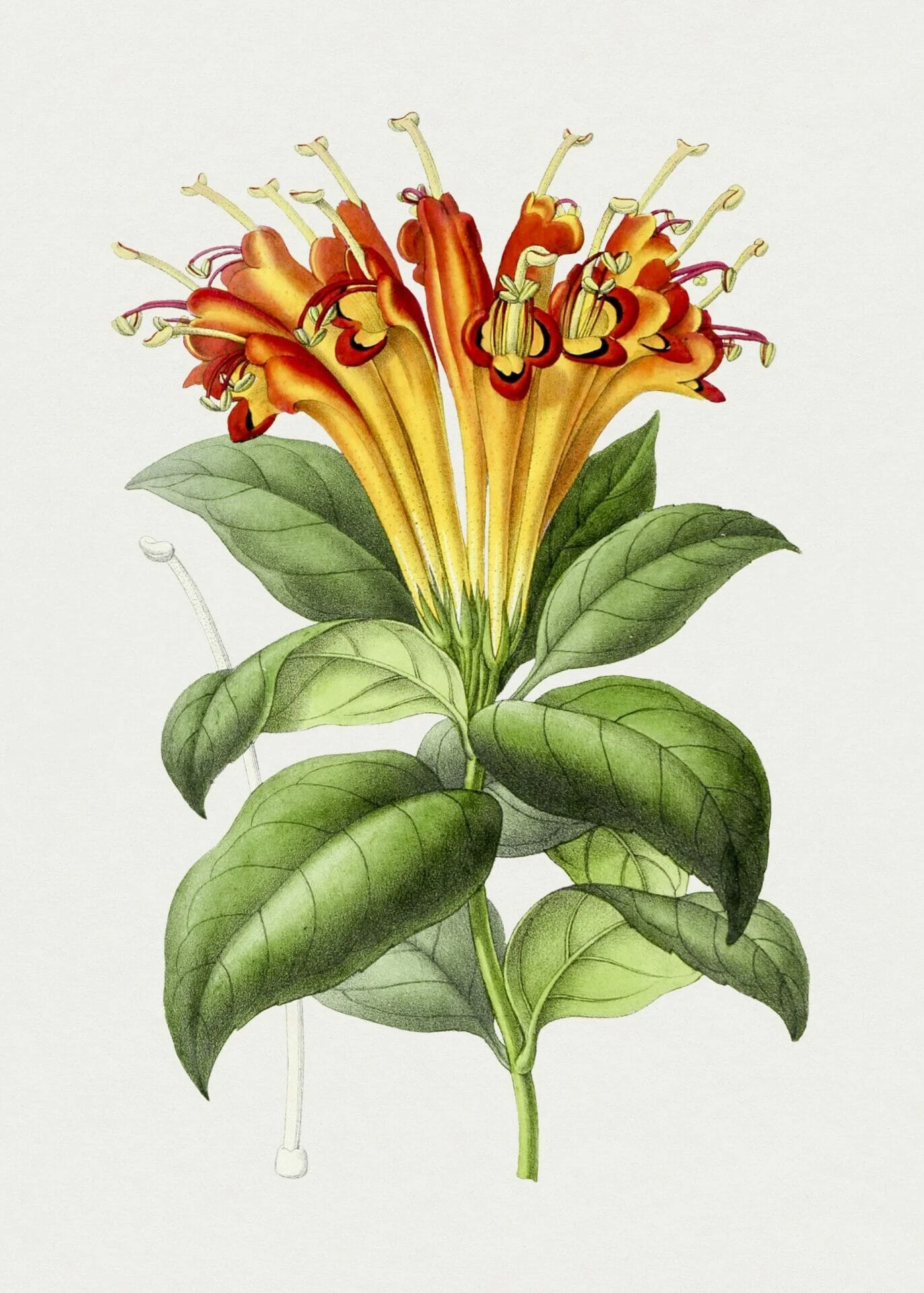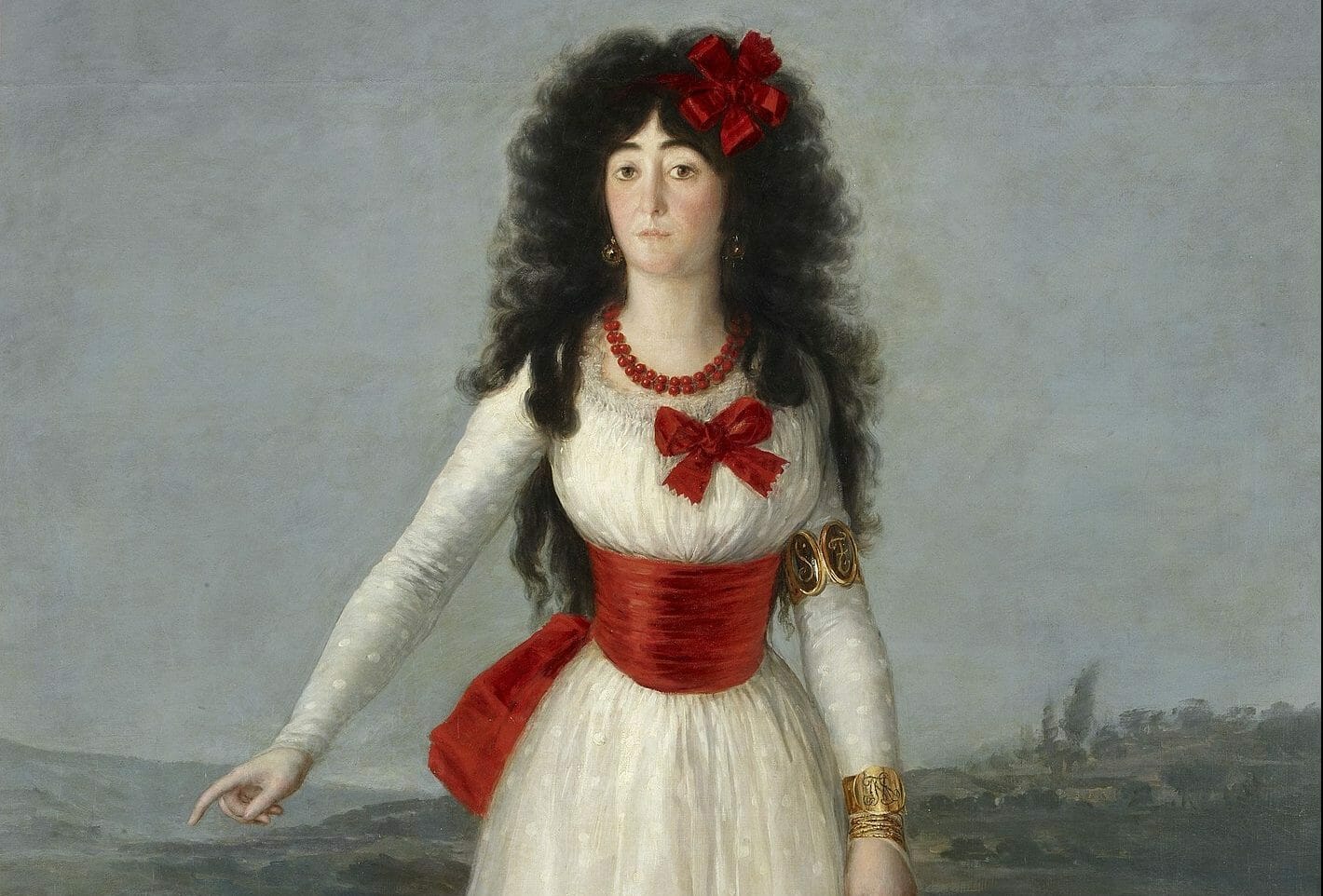
Sonnets of Dark Love | Federico Garcìa Lorca's letters to an absent lover
Author
Year
Format
In 2018 a young Spanish singer and songwriter called Rosalia Vila Tobella released a musical album inspired by the sounds of flamenco, which was full of references to what she termed as ‘sacred femininity.’ That album was called El Mal Querer, and it was the beginning of Rosalia as we know her, an award-winning, record-busting, genre-crossing new arrival on the music scene both in Spain and internationally. She pitched herself as a woman trapped in a love obsession from which the protagonist finally manages to save herself and break free. The same idea of love as an obsession, from a different perspective, had been expressed in poetry less than a century earlier by the Spanish poet Federico Garcia Lorca in his Sonnets of Dark Love. In both cases, these two tales are about desiring something wrong and loving what hurts.
Sonnets of dark love: which darkness?
Drafted between 1934 and 1936, the Sonnets of Dark Love have not received a definitive attribution by Federico Garcìa Lorca. This is because they were written just before the death of the author, who was assassinated by Francoist militias during the Spanish Civil War. It is known, however, that Lorca had referred to those eleven poems with this title.
But be quick! And then, together entwined,
From Sonnet of the Garland of Roses
with love-broken mouths and frayed souls
time will find us utterly destroyed.
First of all, the darkness sung in these sonnets concerns the nights of the two lovers’ dates. Dark is their dimension, while the light of dawn, on the contrary, separates them. The title also alludes to the destructive connotations of their relationship. Their love is not a plain one: it is studded with “dagger and kisses.” It gives rise to a wound that is always open in the author. Finally, darkness can allude to the secrecy of homosexual love – and therefore to its illicitness. In fact, when the author’s heirs decided to publish the texts in 1984 after a long delay, they removed the adjective “dark” from the title, as if it was hard evidence of the homoerotic inspiration of the sonnets.
The Dark Night: the inheritance from Juan De la Cruz
So now fill with words my madness
From The poet begs his beloved to write to him
or let me live in the tranquil
night of my soul, forever in darkness.
In the fourth poem in the series, The poet begs his beloved to write to him, Lorca explicitly quotes a text that influences the entire collection. It is Dark Night of the Soul by San Juan de la Cruz, a sixteenth-century allegorical poem. There, the author gives voice to his soul, which has come close to God at the end of a journey of spiritual negation. This kind of metaphorical darkness the soul lives in is “more courteous than dawn” because it allows meeting the divinity. It is a “blissful night.” In this context, the union of the beloved – God and the soul – takes place. Differently, Lorca’s poems are much more carnal and erotic. While De La Cruz’s path leads to spiritual realization, Lorca’s ends in perdition, a madness that dark love feeds. But, in both cases, what guides the two poets in their nights is the light that comes from their hearts.
Tag






